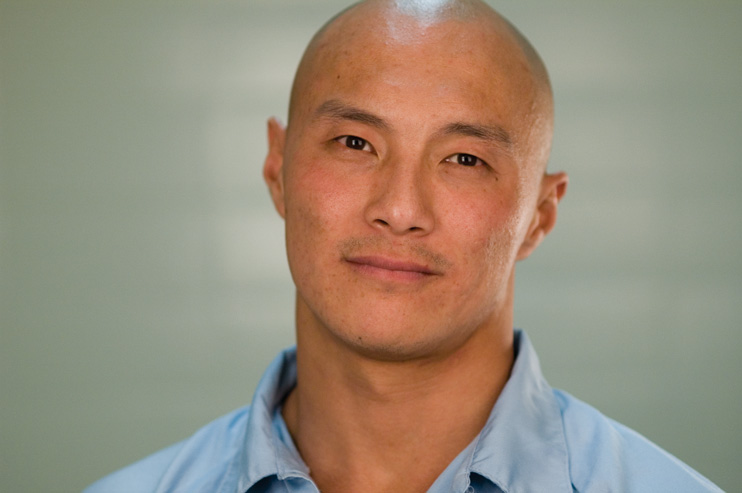By Louis Wittig
Illustration by Ian Kim
A detective is sent to investigate a body found in the city’s most lavish hotel. It could be the premise of any one of a million murder-mystery novels. Except that this detective is Inspector O, a sardonic investigator for North Korea’s secret security services, and this hotel is the Koryo, the finest establishment in Pyongyang.
O is the sleuthing protagonist of A Corpse in the Koryo, the first American murder-mystery novel set north of the 38th parallel. The double-crosses and gunfights are all there. But the real mystery that Corpse solves isn’t who the killer is, but what daily life is like in one of the world’s most closed societies.
The author, a veteran Western intelligence officer with decades of experience working in North Korea, writes under the pseudonym James Church. Church is one of a small circle of Westerners who have known North Korean officials well enough to fictionalize them. The inspiration for Corpse came to him years ago, as he sat in a North Korean consulate waiting for a travel visa.
“Inspector O emerged as a surprise to me, and yet he was very familiar,” says Church, reached by e-mail. “He created himself without much fuss early in the process, almost as if he and I had known each other for a long time.”
Narratives that bring North Korean society into sharp focus are hard to come by. Even at the height of the Cold War, mysteries and spy thrillers like Gorky Park and The Spy Who Came in from the Cold allowed readers to peer behind the Iron Curtain through the eyes of Russian and East German characters. North Korea, however, controls information much more strictly than the Soviet bloc, and has produced comparatively few émigrés or dissident writers to encourage and teach Western novelists.
While there’s no shortage of breathless news reports on North Korea’s nuclear weapons program, Church wanted his book to add depth to what he feels is frequently superficial coverage. He began writing after 2001, when the media and official hysteria over North Korea were rising in tempo with the nuclear crisis.
Corpse’s North Korea is a static and complicated place. In Pyongyang, offices are repainted rather than repaired. The agents who secretly search apartments studiously rearrange the furniture before they leave and the currency that everyone carries around is nearly worthless.
Readers have praised the novel’s wealth of detail, which simultaneously immerses readers in North Korea’s daily life and undermines their preconceptions about it. “I was a bit surprised at all the smuggling going on,” says Tony Ross, who picked the book up after hearing about it on National Public Radio. “I thought [North Korea’s] borders were a bit more closed.”
For as much as it reveals, mystery is A Corpse in the Koryo’s leitmotif as well as its plot. The escalating series of whispered warnings and shootouts that draws Inspector O deeper and deeper into a feud between rival car-smuggling gangs blends with the equally mysterious banalities of North Korean society (no one in the Manpo train station knows quite when the next train will arrive and traffic police can’t explain the rules they enforce). A surreal picture emerges of a place where answers are so rare, asking questions isn’t worth the trouble. Indeed, daily life in North Korea seems as much a mystery to insiders as to outsiders.
“This question of uncertainty helps define the existence of life in North Korea,” says Church. “For many questions, people don’t know the answer and are never liable to find out. So what do they do?”
Unexpected characters rise from this milieu. Far from a goose-stepping authoritarian, Inspector O cares more about getting a cup of hot tea than getting to the bottom of his case. He avoids wearing the obligatory portrait-pin of the Dear Leader just to tweak his superiors, but he snaps at foreigners who criticize his country.
Some experts suggest that administration officials who have taken a black-and-white view of North Korea in recent years could benefit from Corpse’s picture of a highly nuanced country. Church denies his work has any overtly political purpose.
“[I wanted to write a story] where two cultures and political systems are reduced to the level of individuals,” he says.
The approach has earned praise from critics. Corpse was nominated for a 2006 Gumshoe Award for best first mystery novel, and a Korean translation is slated for next summer.
A sequel, Blood Moon, dramatizing the first recorded bank robbery in Pyongyang, is slated for release this fall. As long as North Korea remains a resolutely closed society, fiction may be the only way for readers to get inside, and Inspector O will have plenty to investigate.





